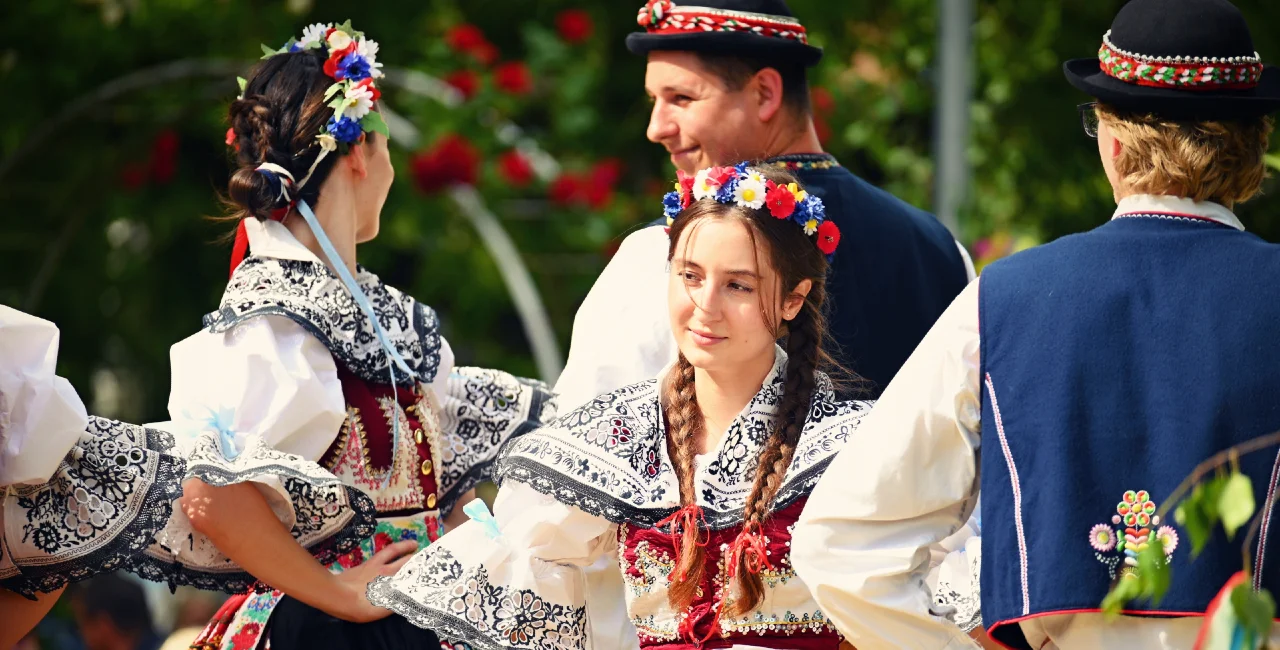A distinct dialect used by Czechia’s second largest city Brno and the surrounding region, known as hantec, may soon be recognized as a so-called world intangible heritage by international agency UNESCO. Linguist Jan Hlaváček, along with language experts, are working towards registering hantec alongside other prestigious Brno- and Moravia-based cultural practices such as puppetry, falconry, and hand-crafted glass.
Hlaváček acknowledges that the process of registering hantec will not be easy, as it involves multiple application rounds and can take up to three years.
"We have to write everything professionally and send the application in September. If we succeed, it would be a great accomplishment. And in three years, we would have global recognition from UNESCO," he explained. The goal is to preserve this unique dialect and ensure it is not forgotten by future generations, according to Hlaváček.
Similar to London's cockney dialect, hantec stands out for its word structure and its incorporation of words from other languages such as German, French, Romani, and Yiddish. It originated from a mixture of Czech, German, and Moravian dialects. Its word and grammar structure are influenced by these languages – for example, the dialect often uses shortened words and unique slang expressions. It is also known for its use of double negatives and different word order compared to standard Czech.
Many speakers, but on a dying trend
One of the advantages that hantec has over other cultural practices is its many users. With over 30 books, CDs, articles, and even theses written about hantec, it has a strong case for registration. Hlaváček also notes that the interest in hantec extends beyond the city of Brno, with people from all over the country and Slovakia showing interest. There are thousands of speakers of the dialect.
Hlaváček believes that the cosmopolitan nature of Brno today is causing the dialect to disappear, and also because there are more speakers of English than German compared to previous generations. "It [the language] is part of our family, which is important to take care of," he emphasized. By registering hantec, it can be protected from extinction.
Hantec, which has been around since the 1850s, has its roots in Vienna and parts of Germany. It was actively used in the past, especially during times of censorship, and continues to have a dedicated following today.












 Reading time: 2 minutes
Reading time: 2 minutes 




























